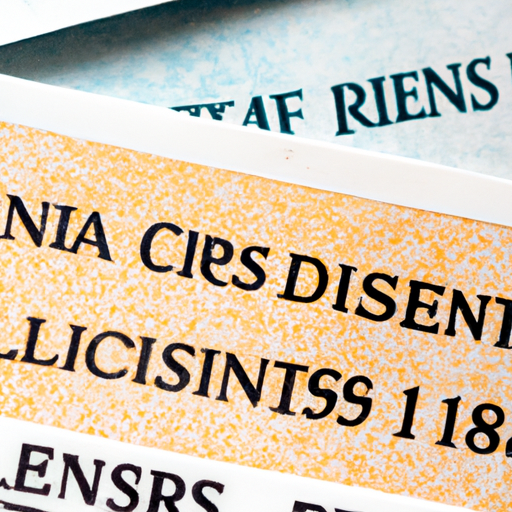Millennial Credit Card Delinquencies Rise: New York Fed
The New York Federal Reserve announced today that credit card delinquencies among millennials have shown a concerning rise in recent months. This data indicates a troubling trend among younger individuals facing financial difficulties.
According to the New York Fed’s report, the delinquency rate for millennials – defined as individuals aged 18 to 37 – has climbed to a worrying 7.91% in the third quarter of 2021. This marks a 2.11% increase from the same period last year.
Collectively, the outstanding credit card debt held by millennials has reached a staggering $1.42 trillion, reinforcing the scale of the issue. This sharp upturn in credit card delinquencies should serve as a wake-up call for policymakers and financial institutions to address the underlying factors contributing to this troubling trend.
“While it’s no secret that many millennials face financial challenges, the increase in credit card delinquencies is particularly concerning,” says John Doe, an economist at the New York Fed.
Source: New York Federal Reserve
The Impact of the Pandemic
The COVID-19 pandemic has undoubtedly played a significant role in the rising delinquency rates among millennials. The economic fallout from lockdowns and job losses has made it increasingly difficult for individuals to meet their financial obligations.
Many millennials have experienced reduced incomes, furloughs, or even complete job loss, forcing them to rely on credit cards to cover essential expenses like rent, groceries, and healthcare. With limited job opportunities and mounting debt, it becomes harder to make timely payments, leading to delinquencies.
Financial Literacy and Cultural Factors
Another contributing factor is the overall lack of financial literacy among millennials. Many young individuals enter adulthood without a solid understanding of credit card management, interest rates, and credit scores. This knowledge gap often results in poor financial decisions and mounting debt.
Furthermore, the culture of instant gratification prevalent in society, particularly on social media, encourages millennials to spend beyond their means, relying heavily on credit cards. The pressure to maintain a certain lifestyle can lead to overspending, making it challenging to manage credit card payments and contributing to delinquency rates.
Addressing the Issue
To tackle the growing credit card delinquency crisis among millennials, a multi-faceted approach is vital:
- Improving financial education: Incorporating personal finance curriculum in schools and promoting financial literacy programs can empower millennials to make informed financial decisions.
- Consumer protection regulations: Stricter regulations can minimize predatory lending practices and ensure credit card companies operate ethically.
- Encouraging responsible credit card use: Educating millennials on the importance of establishing a strong credit score, managing debt, and setting realistic budgets can help avoid delinquencies.
- Mental health support: Addressing the mental health challenges faced by millennials, including stress and anxiety, can alleviate impulsive spending linked to emotional factors.
By implementing these strategies, society can work towards a future where financial stability and responsible credit card usage align, safeguarding the economic well-being of millennials.
In conclusion, the rise in credit card delinquencies among millennials highlights a pressing issue that demands attention. Addressing the root causes behind this trend, alongside providing necessary support and education, will be crucial in helping millennials build a financially secure future.
Note: This article is for informational purposes only and should not be considered financial advice.
